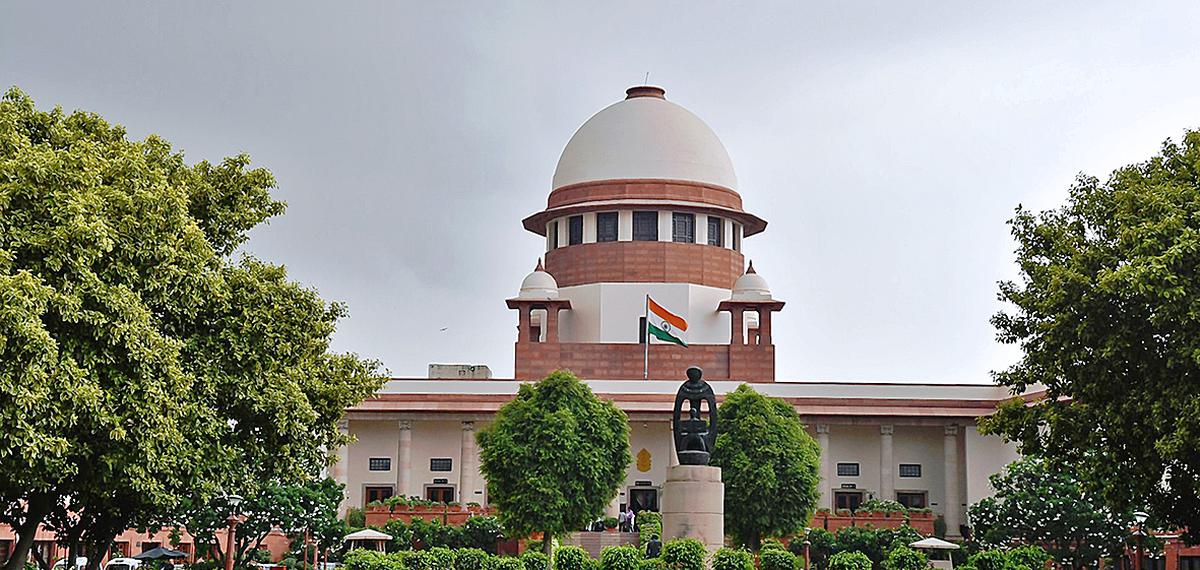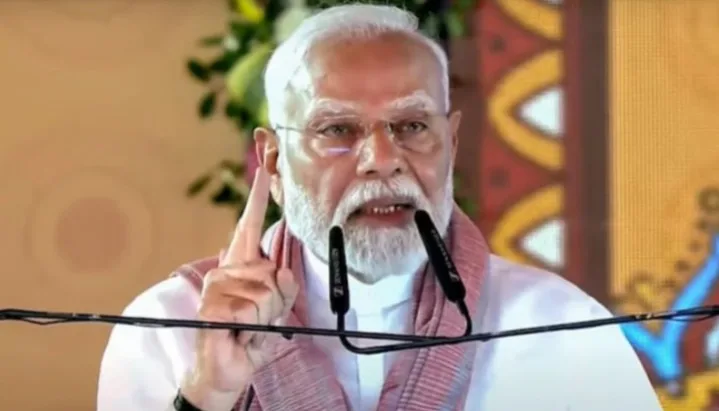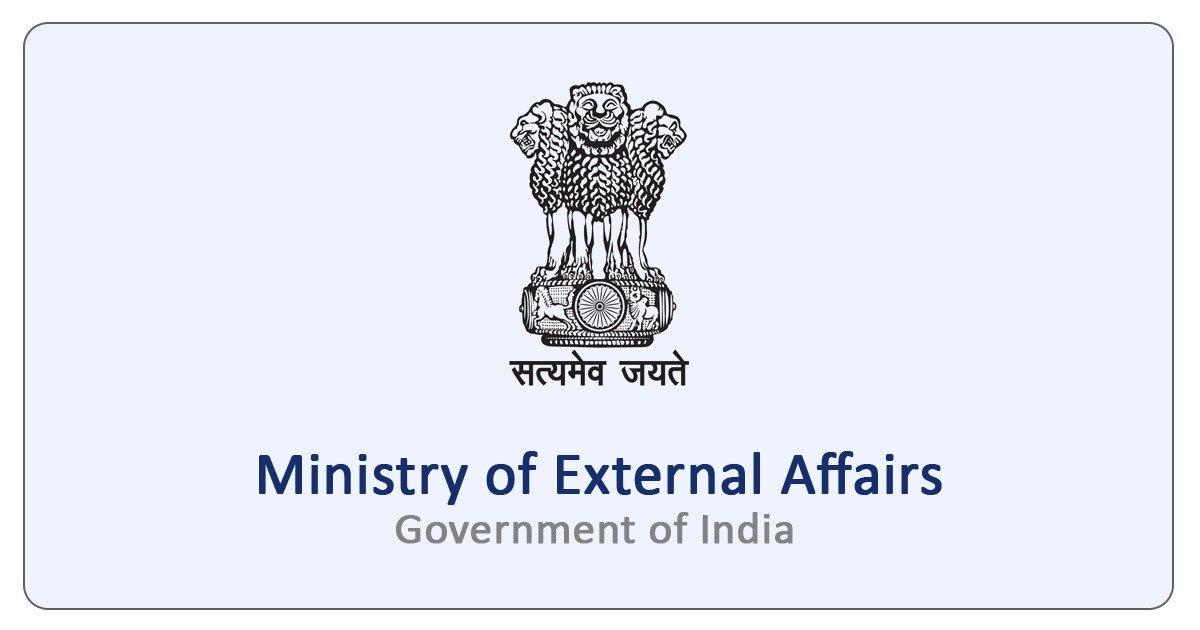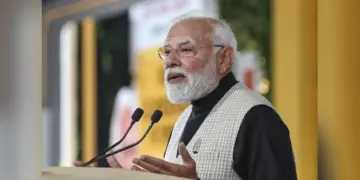New Delhi: The will of people in the form of a bill cannot be subjected to “whims and fancies” of governors and President as the executive is barred from interfering with the legislative process, the West Bengal government argued before the Supreme Court on Wednesday.
The TMC-ruled state government informed a five-judge Constitution bench headed by Chief Justice B R Gavai that governors cannot question the will of the sovereign and proceed to examine the legislative competence of a bill passed by the assembly, which falls under judiciary’s domain.
The bench, also comprising Justices Surya Kant, Vikram Nath, P S Narasimha and A S Chandurkar, was hearing the presidential reference on whether the court could impose timelines for governors and President to deal with bills passed by state assemblies.
“The will of the people cannot be subject to the whims and fancy of the executive (Governors and the President). The Executive is barred from interfering with the process of legislation. The will of the sovereign is supreme,” Sibal argued on the seventh day of the presidential reference hearing.
The bench, however, asked, “In the context of your arguments, is this your submission that bills have to be assented even if they are not in consonance with legislative domain and their validity can be tested in courts?”
Sibal said the executive cannot be an impediment in the will of the sovereign and the constitutionality of a law has to be tested by the courts and not by the executives.
Governors, he said, have to take decisions on the bills forthwith and not in a three or six-month period.
Since independence there is hardly any example where President has withheld a bill passed by Parliament because it is the will of the people, Sibal added.
“A legislation can be challenged in a court of law by citizens or by somebody else. It’s in the rarest and rare case that a Governor says I cannot give assent to the bills and withhold it,” he said.
He said once a bill was passed by a legislature, there was a presumption of constitutionality.
“The legislature is not concerned with constitutionality and this the domain of your lordships,” Sibal said. The senior counsel said governors couldn’t act as parallel adjudicators of legislative competence.
The bench asked whether Governor must apply his mind in cases of repugnancy of the bill with central legislation.
The bench said then Governor would have to see whether the bill was repugnant or not, though one can argue on the contours but Governor couldn’t simply be a postman or a super legislative body.
Sibal submitted, “Sovereignty of the state legislature is as important as sovereignty of Parliament. Should Governor be allowed to delay? This is an important question. You cannot create a discord otherwise it will break down. The Constitution has to be interpreted in such a way that it is workable…it is the will of people.”
He challenged Centre’s submissions that the court couldn’t prescribe timelines for granting assent, saying for ensuring efficient functioning of Article 200 it can be done.
Article 200 provides for the powers of Governor regarding bills passed by the state legislature, allowing them to either assent to the bill, withhold assent, return the bill for reconsideration or reserve the bill for the consideration of President.
Sibal went on to say even President couldn’t hold back a bill and had to send it back forthwith with comments.
The court is examining 14 questions referred by President Droupadi Murmu, including whether constitutional authorities can indefinitely withhold assent to bills and whether courts can impose mandatory time frames.
Sibal underlined indefinite delays by governors or President in dealing with bills struck at the root of representative democracy and constitutional governance.
The top court observed under Article 200, Governor may reserve such bills for President’s consideration.
Sending a bill back itself amounts to a declaration, but such powers cannot extend to permanently stalling legislation, Sibal said.
The CJI referred to the argument that governors had the power to indefinitely withhold assent.
“If we create an interpretation that allows the Governor to permanently block the will of the legislature, the Constitution becomes unworkable,” Sibal said.
Emphasising the phrase “as soon as possible” in Article 200, he said governors and President must act with immediacy.
“It was not later than six weeks and it means forthwith, with urgency,” he said.
Article 200, Sibal said, does not grant governors any personal discretion to block laws.
Sibal concluded while urging the bench to restrict its answers to the specific question of Article 200.
He said several of the 14 questions referred to by Rashtrapati Bhavan were either “hypothetical” or “not rooted in facts”.
“With greatest respect, many of these questions should not be answered. The only parameter that requires an authoritative ruling is Article 200 in the context of the Governor,” he said.
Senior advocate Gopal Subramanian also argued against the reference on behalf of Congress-ruled Karnataka.
Advocate Anand Sharma appeared for Himachal Pradesh and opposed the presidential reference.
The hearing would resume on September 9.







